- Home
- Destinations
- Mozambique
- Southern Mozambique
Overview
Ideal Destination For
- Adventure
- Culture
- Solo Travel
- Sport
In order to give you a better experience, Ikewana uses cookies. If you continue browsing this website, we assume that you consent to receive tracking and third-party cookies. Click here for more information
Kindly complete the form and your personal concierge will be in touch as soon as possible.
Set in the dunes of the untouched shores of southern Mozambique at Ponta Mamoli and tucked behind Casuarina trees, is where you will find the beautiful White Pearl Resorts – quite unlike any other in all of Mozambique. Situated on stilts, while protecting the eco-systems beneath them, are the 22 ocean-front suites, each with a plunge pool and outdoor shower overlooking the warm Indian Ocean.
These consist of 6 Beach pool suites and 16 pool suites. Inspired by the coastal biodiversity and ocean reefs, the contemporary styled resort offers a laid-back beachside chic feeling, while making the most of the incredible views. Warmed by the Indian Ocean’s current which moves south from the equator, Mozambique enjoys clear waters and subtropical climate, giving guests even more of a reason to come to this enticing beachside resort located on a 2 km stretch of tranquil beach.
The resort is a premium dive destination, with 19 dive sites and a PADI Accredited Dive Centre.
Situated within a Marine Reserve (PPMR), the ocean safaris are unrivalled.
Bottlenose Dolphins are visible throughout the year and guests often have the experience of swimming with them during ocean safaris, while guided by the team.
Whale season starts from the end of July to the beginning of December each year, when Southern right whales and Humpback whales can be seen playing in the bay.
Turtle nesting season takes place between November and March and is when Loggerhead and Leatherback Turtles come ashore to nest. White Pearl offers infra-red turtle walks to the nesting sites in the evenings.
Private dining is part of the White Pearl experience, as are pop-up stations like the Gin and Tapas station on the beach.
With its proximity to the Kruger National Park and the Maputo Special Reserve, White Pearl Resorts makes a perfect option for combining with, when considering a Bush and Beach vacation.
White Pearl Resorts is not an island property.
It is the only luxury resort in southern Mozambique and easily accessible.
Motorised water sports are not permitted as the resort is located in a marine reserve.
There aren’t any 2 bedroom family rooms. Children share a 60 m² space with their parents (in extra twin beds).
Explore the beautiful Vilanculos area with its long pristine beaches and crystal clear waters on a private charter yacht. Vilanculos is the gateway to the Bazaruto Archipelago, a chain of 6 islands within the Bazaruto National Park, and this lavish experience allows you to explore its unspoilt white-sand beaches and remote locations at your own pace.
Take advantage of the freedom and find a perfect spot on a deserted sandbank for a romantic private picnic lunch. Or perhaps turn it into a snorkelling adventure or a breathtaking sunset voyage of discovery.
Year-long adventure awaits you in Mozambique when it comes to big game fishing. The archipelago is protected by strict conservation policies and a tag-and-release practice ensures sustainability and plentiful prize catches for all.
For starters, the Bazaruto Archipelago is amongst the three best places in the world to catch Giant Black Marlin, with the season running between September and April. The waters are also renowned for Sailfish (peak season between May and September), Wahoo, Blue Striped and Black Marlin, Kingfish, Queenfish, Barracuda, Mackerel and Yellowfin tuna to name but a few.
The Bazaruto Archipelago boasts the largest population of Dugong (sea cows) on Africa’s eastern coast. Related to manatees, and similar in appearance and behaviour, their tail differentiates them as it is shaped like that of a whale. These shy and endangered marine mammals are directly related to the elephant and also follow a vegetarian diet, feeding mainly on sea-grass. Dugongs have to breathe every five to seven minutes so in between foraging they rise to the surface of the water.
Due to their slow swimming speeds, they are easy to spot in the water, making them prime targets for hunters. To add to that, collisions with fishing boats and drowning whilst caught in fishing nets and lines, plus environmental damage to reef resources are all contributing factors to their vulnerable status.
Mozambique’s unexplored and unspoilt beaches provide the perfect environment for protected sea turtles to lay their eggs. Guests have the chance of witnessing nesting sites for Green, Hawksbill, Leatherback, Loggerhead and Olive Ridley Turtles from November to February each year.
When nesting, the female sea turtles emerge from the waves and crawl up the beach to dig holes, laying around 300 eggs each in an almost trancelike state. When the laying is finished, they cover the eggs with sand and make their way back to the sea. Between 55 – 65 days later, the hatchlings will cut their way out of the eggs and make their way to the sea. This usually takes place from January through until April. Sightings are most common at high tide, particularly at dawn or dusk, or during the night.
Please note that hatching may vary due to climate change and it is advised that you always enquire about the probability of seeing these creatures when booking your Mozambique holiday so that you don’t arrive out of season, or in a bad season.
With a 2 500 km-long coastline and numerous islands, Mozambique is the ideal snorkelling destination. The ocean water is subject to the warm Agulhas current with temperatures seldom dropping below 25 degrees. Underwater, look out for a myriad of coloured sea stars, frogfish, cowfish, pufferfish, sweetlips, sea horses and peculiar looking sea cucumbers.
There are some well-known reefs, but plenty of relatively unknown spots waiting to be explored! Coral reefs and colourful fish can be found all along the coastline from Ponto do Ouro in the south to Pemba in the north. For something different, you may want to try a guided night snorkelling excursion with underwater torches for a completely different dimension.
Nothing quite epitomises freedom like riding a horse on a breathtaking beach with powdery white sands and the sea breeze in your face. Head out early morning or late afternoon on horseback and embrace the rare opportunity to swim with this magnificent creature in the sea.
Alternatively for more exhilarating adventure, opt for horse-riding on the majestic towering beach sand dunes and fall in love with Mozambique’s coast.
Set sail in a traditional Mozambican Dhow sailboat – a time-honoured tradition in East African waters and one of the oldest and most traditional ways of getting around.
A dhow is a traditional Arabian boat which includes lateen sails and stitched construction, with hull boards that are sewn together with fibres, thongs or cords. Enjoy a daytime excursion exploring the coastline, stopping for beach picnics and possibly some snorkelling or scuba-diving along the way.
Set sail in a traditional Mozambican Dhow sailboat – a time-honoured tradition in East African waters and one of the oldest and most traditional ways of getting around.
A dhow is a traditional Arabian boat which includes lateen sails and stitched construction, with hull boards that are sewn together with fibres, thongs or cords. Enjoy a daytime excursion exploring the coastline, stopping for beach picnics and possibly some snorkelling or scuba-diving along the way.
Year-long adventure awaits you in Mozambique when it comes to big game fishing. The archipelago is protected by strict conservation policies and a tag-and-release practice ensures sustainability and plentiful prize catches for all.
For starters, the Bazaruto Archipelago is amongst the three best places in the world to catch Giant Black Marlin, with the season running between September and April. The waters are also renowned for Sailfish (peak season between May and September), Wahoo, Blue Striped and Black Marlin, Kingfish, Queenfish, Barracuda, Mackerel and Yellowfin tuna to name but a few.
With a 2 500 km-long coastline and numerous islands, Mozambique is the ideal snorkelling destination. The ocean water is subject to the warm Agulhas current with temperatures seldom dropping below 25 degrees. Underwater, look out for a myriad of coloured sea stars, frogfish, cowfish, pufferfish, sweetlips, sea horses and peculiar looking sea cucumbers.
There are some well-known reefs, but plenty of relatively unknown spots waiting to be explored! Coral reefs and colourful fish can be found all along the coastline from Ponto do Ouro in the south to Pemba in the north. For something different, you may want to try a guided night snorkelling excursion with underwater torches for a completely different dimension.
Mozambique’s unexplored and unspoilt beaches provide the perfect environment for protected sea turtles to lay their eggs. Guests have the chance of witnessing nesting sites for Green, Hawksbill, Leatherback, Loggerhead and Olive Ridley Turtles from November to February each year.
When nesting, the female sea turtles emerge from the waves and crawl up the beach to dig holes, laying around 300 eggs each in an almost trancelike state. When the laying is finished, they cover the eggs with sand and make their way back to the sea. Between 55 – 65 days later, the hatchlings will cut their way out of the eggs and make their way to the sea. This usually takes place from January through until April. Sightings are most common at high tide, particularly at dawn or dusk, or during the night.
Please note that hatching may vary due to climate change and it is advised that you always enquire about the probability of seeing these creatures when booking your Mozambique holiday so that you don’t arrive out of season, or in a bad season.
The Bazaruto Archipelago boasts the largest population of Dugong (sea cows) on Africa’s eastern coast. Related to manatees, and similar in appearance and behaviour, their tail differentiates them as it is shaped like that of a whale. These shy and endangered marine mammals are directly related to the elephant and also follow a vegetarian diet, feeding mainly on sea-grass. Dugongs have to breathe every five to seven minutes so in between foraging they rise to the surface of the water.
Due to their slow swimming speeds, they are easy to spot in the water, making them prime targets for hunters. To add to that, collisions with fishing boats and drowning whilst caught in fishing nets and lines, plus environmental damage to reef resources are all contributing factors to their vulnerable status.
Nothing quite epitomises freedom like riding a horse on a breathtaking beach with powdery white sands and the sea breeze in your face. Head out early morning or late afternoon on horseback and embrace the rare opportunity to swim with this magnificent creature in the sea.
Alternatively for more exhilarating adventure, opt for horse-riding on the majestic towering beach sand dunes and fall in love with Mozambique’s coast.
Explore the beautiful Vilanculos area with its long pristine beaches and crystal clear waters on a private charter yacht. Vilanculos is the gateway to the Bazaruto Archipelago, a chain of 6 islands within the Bazaruto National Park, and this lavish experience allows you to explore its unspoilt white-sand beaches and remote locations at your own pace.
Take advantage of the freedom and find a perfect spot on a deserted sandbank for a romantic private picnic lunch. Or perhaps turn it into a snorkelling adventure or a breathtaking sunset voyage of discovery.


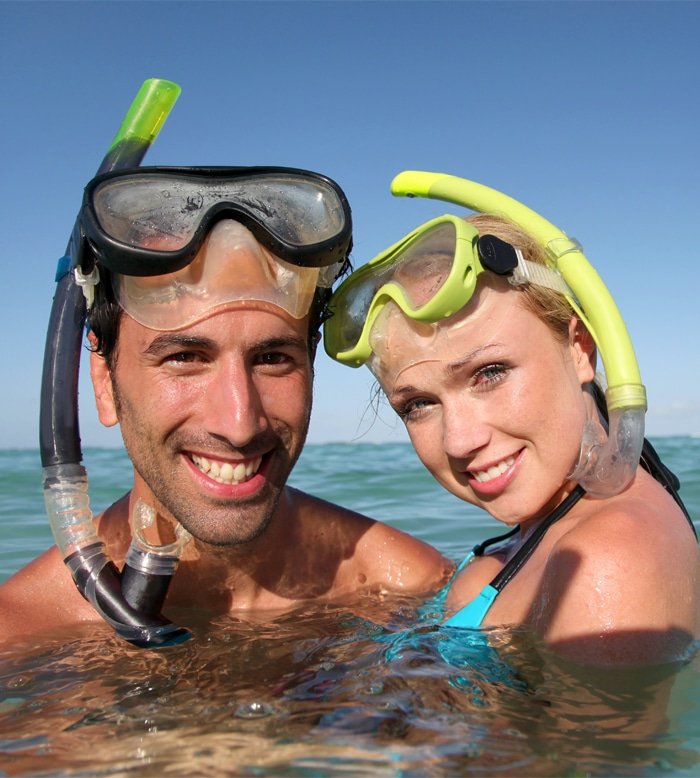
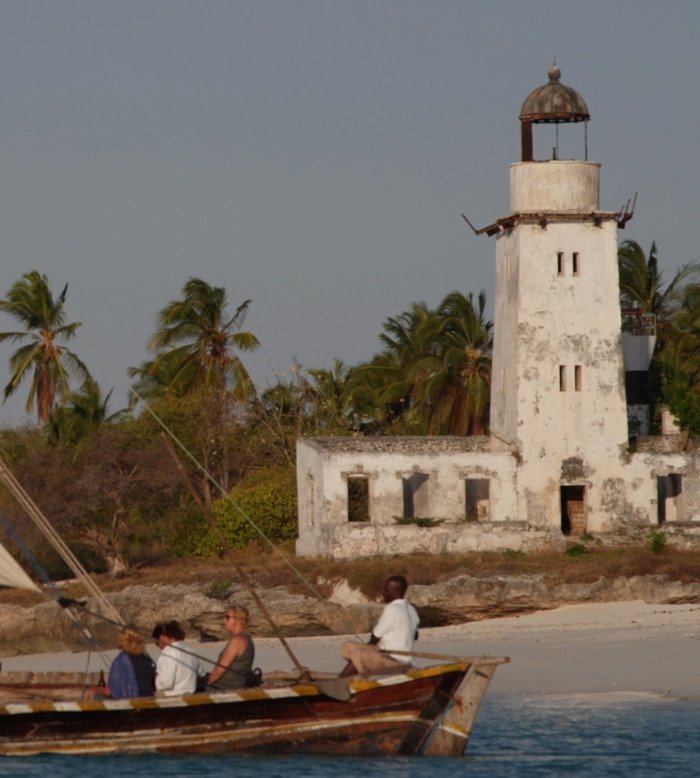
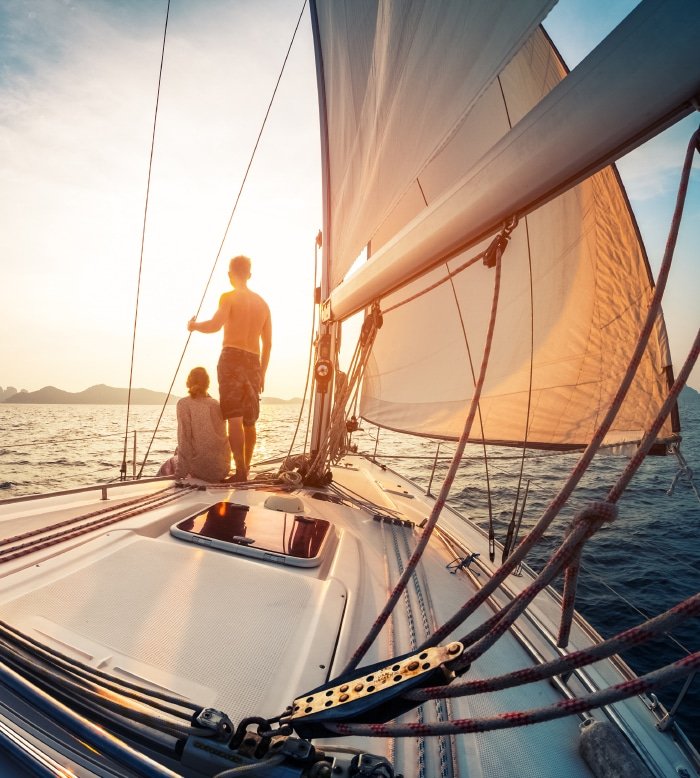
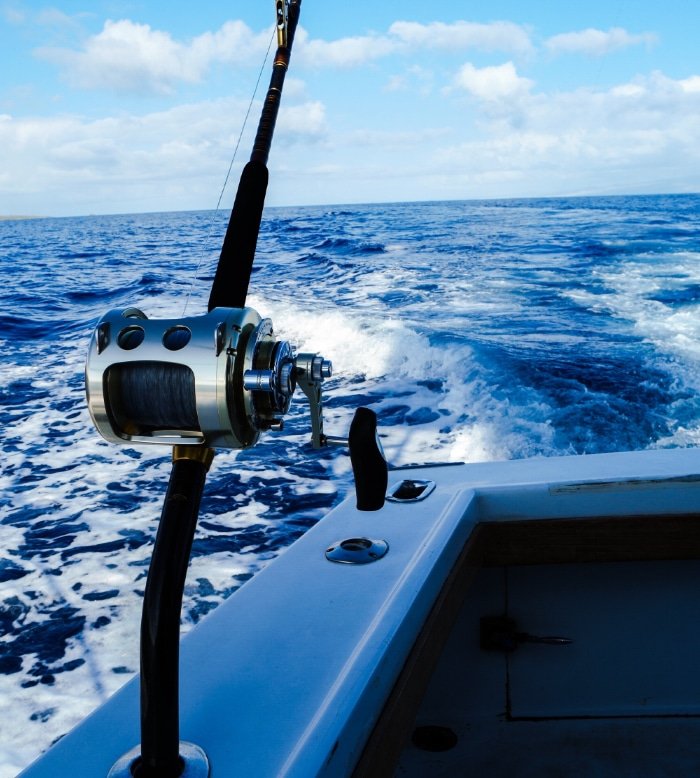
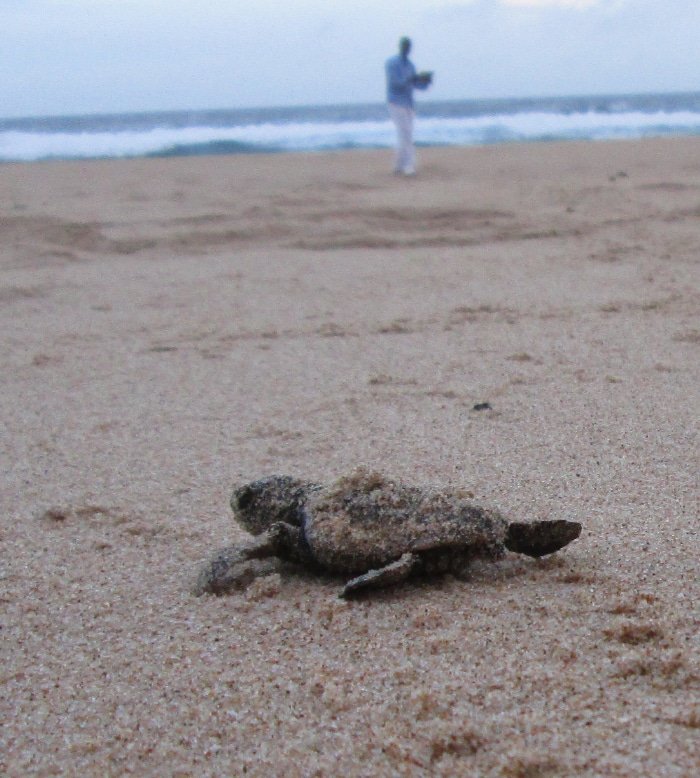
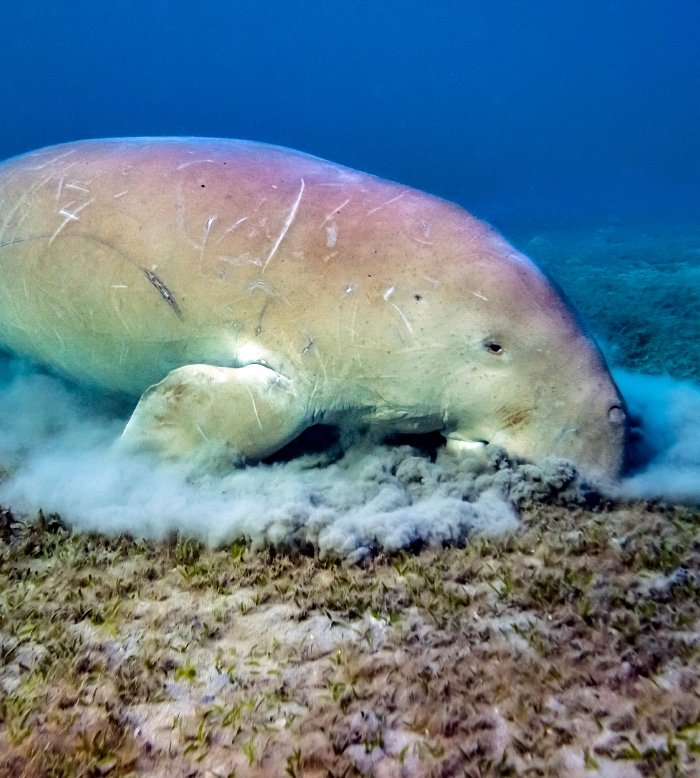
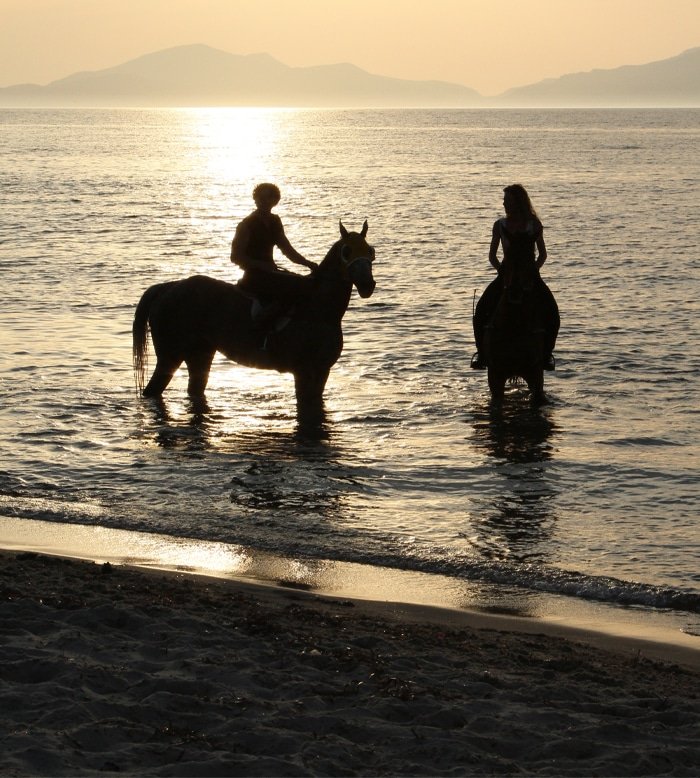
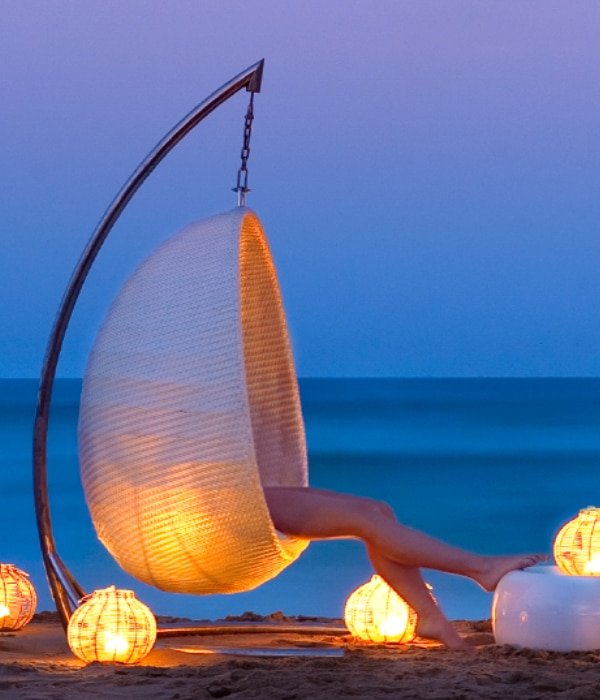
Friendly people, magnificent beaches, a balmy tropical climate, fabulous seafood, crumbling yet still elegant colonial buildings, these elements and more combine to make Southern Mozambique an utterly beguiling travel destination. In the capital, Maputo – one of Africa’s prettiest and most charming capitals – you can sample the lively local nightlife, peruse the bustling Municipal Market or feast on fresh king prawns along the seaside promenades. Just a couple of hours out of the city, the port town of Inhambane has some intriguing old Portuguese architecture, as well as a wide lagoon where visitors can take a dhow over to the neighbouring village of Maxixe. The seaside destinations of Tofo, Barra and Pandane each have their charms – visit Tofo for surfing and whale shark diving, Barra for its sublime beach and adventure activities, and remote Pandane for incredible snorkelling.